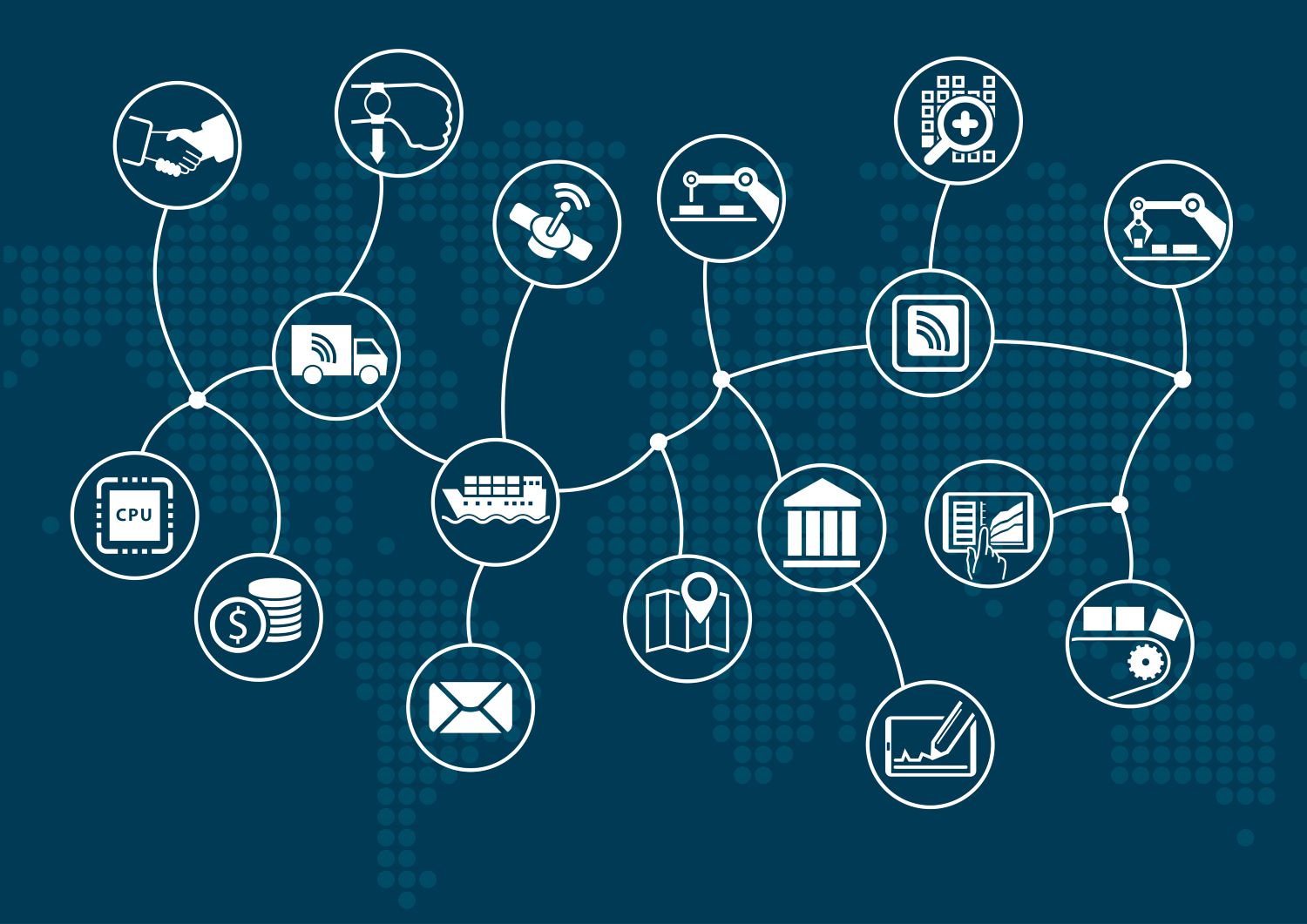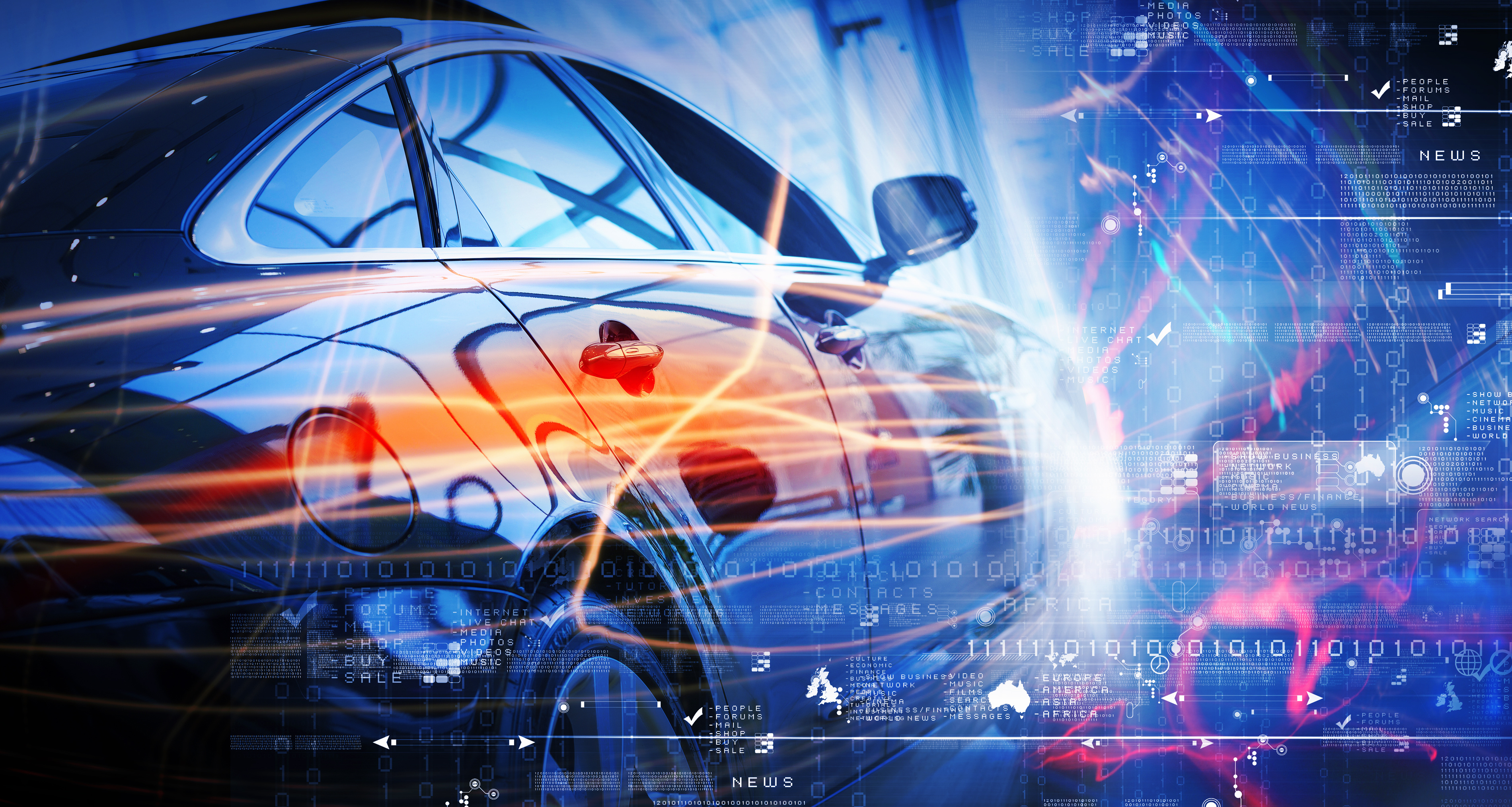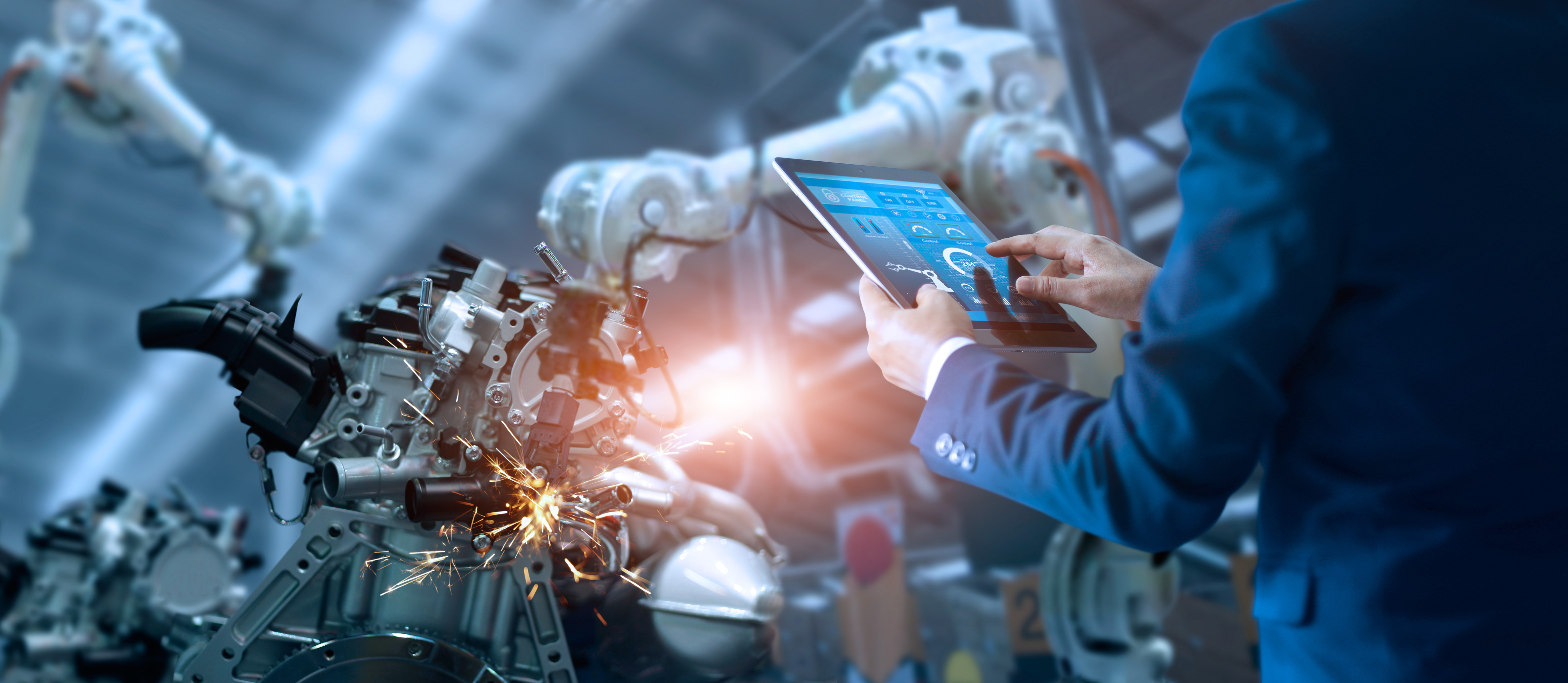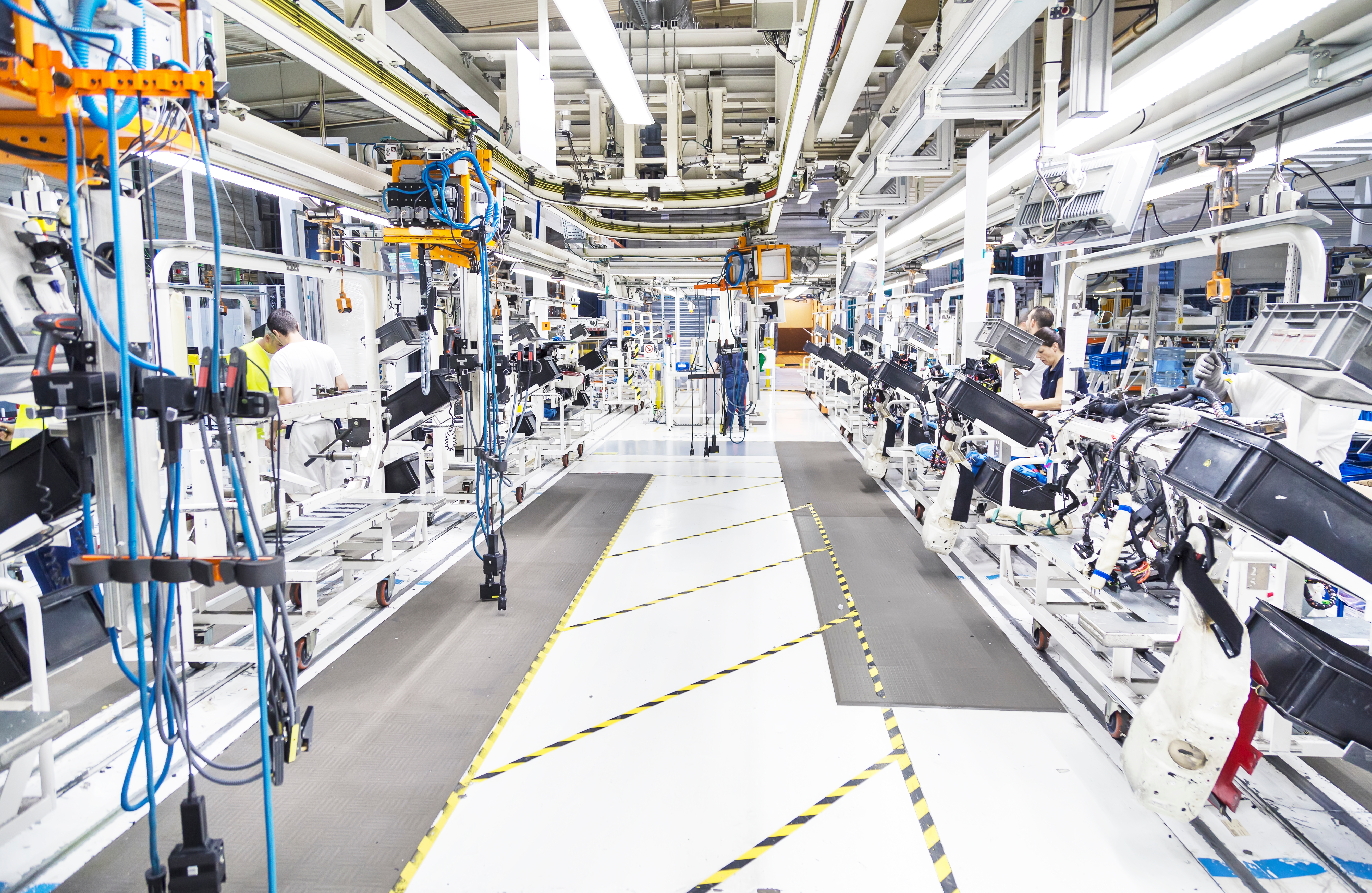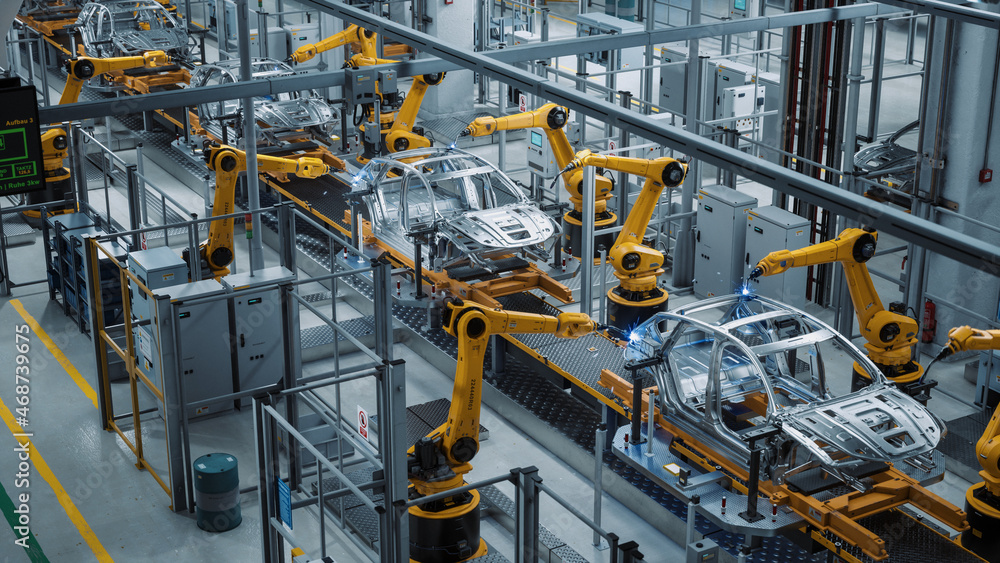Widespread adoption of electric vehicles provides numerous environmental benefits due to reduced emissions, however widespread adoption of electric vehicles also introduces potential problems. As adoption of electric vehicles increases every year, there will be challenges to keep up with the growing demand.
Battery Production
The appeal of electric vehicles is that they run on renewable resources, which is partly true. Driving EV’s does emit lower emissions when compared to gasoline, but the process of manufacturing them is more resource intensive to produce. EV’s normally make up for their initial production emissions within a couple of years on the road. Electric vehicles require lithium-ion batteries. A major component of these batteries is the costly, non-renewable resource cobalt. Cobalt mining is a toxic process that involves significant health risk for people that are involved in the mining process. Cobalt mining has also recently been the subject of child labor.
Like all batteries, these lithium ion batteries have a finite life cycle. Once the batteries have completed the cycle, they can either be recycled or discarded. Recycling these batteries offers the most benefit to automakers and is the most environmentally friendly option, however recycling these batteries is difficult. For starters, the process of breaking down these batteries into something that can be reused can potentially release hazardous waste into the air. Robots could potentially address this issue, but with no standard batteries they may be difficult to use effectively. The other option is simply discarding the batteries which is not a long-term solution and would create additional environmental concerns. As more and more electric vehicles are manufactured, the need for safe and efficient processes for mining natural resources and recycling batteries will increase dramatically. Toyota has launched an electric battery recycling campaign and others may soon follow. Currently, there is not much infrastructure in place to recycle these batteries.
Charging

Another challenge that electric vehicles present is charging. Compared to simply filling up a gas tank, these vehicles take a long time to charge. Charge times vary depending on the size of the battery and the charging station. There are fast charging stations available, but the amount of standard charging stations heavily outweighs fast charging stations. Long charging times will present difficulties for consumers driving longer distances or consumers that may not have a charging station at home. The amount of charging stations has been increasing yearly but will need to increase at an even faster rate to accommodate the influx of EV use.
Currently, there are developments in charging and battery technology, but the lack of an industry standard is causing hesitation for automakers. Without knowing what industry standard charging and battery technology will be in the future, it is riskier to invest resources into electric vehicle product lines. Developing them with technology or a battery that deviates from what will become heavily adopted would be a crucial mistake.
Industry standards would provide many benefits for automakers as well as consumers. However, this does not bode well for Automakers striving for a competitive advantage within the industry. These automakers may be reluctant to adopt standard practices, but may have no other choice if they want to remain relevant in the EV sector.
Maintenance

Next, EV’s are complicated to fix compared to traditional vehicles. They cannot simply be jump started if problems occur. It will take specialized professionals to fix these vehicles. Traditional mechanics will not have the knowledge or resources to address these problems. Widespread adoption of EV’s will eventually have a substantial impact on the workforce within the automotive industry. Everyone in the auto industry from auto shops to roadside assistance will need to adjust their processes and infrastructure to provide workers with the necessary skill set to deal with EV specific problems. Standard practices that have been in play for decades may not work with EV’s. Until 3rd party businesses have the ability to address these problems, consumers will have to rely on the manufacturers or dealerships of the vehicle to resolve issues that arise. These manufacturers or dealerships may be far away, causing additional problems for consumers that may be stranded on the side of the road.
Electric vehicles offer substantial environmental benefits, but also present many challenges. These challenges cannot be solved without significant investments into technology, infrastructure, and people within the automotive industry. Standard batteries and charging technology will be instrumental in the worldwide transition to EV’s. In order to create industry standards, automotive industry leaders will need to combine efforts. Industry standards give EV’s the best chance for sustainable long-term growth. EV’s have the potential to be a great advancement for the automotive industry, but there are some major challenges that must be solved first.
Insequence Corporation
Insequence is a leading provider of sequencing and manufacturing software solutions. Easily tailored to individual facilities, their software’s modular design can fulfill requirements no matter the size or complexity of the system. This results in a standard sequencing system, SPD Pro that is more complete and capable than any other solution. In addition to just-in-sequence (JIS), Insequence provides MES, Inventory Management, and SCADA solutions.
With experience throughout the Americans and Europe, plus dozens of standard automotive OEM interfaces and 24 x 7 x 365 customer support, Insequence is at the forefront of supply chain software solution providers. As a result, they still work with their original customer from 1996.
GO WITH THE PRO.
GO WITH INSEQUENCE.
The Company That Pioneered End-to-End Manufacturing.



